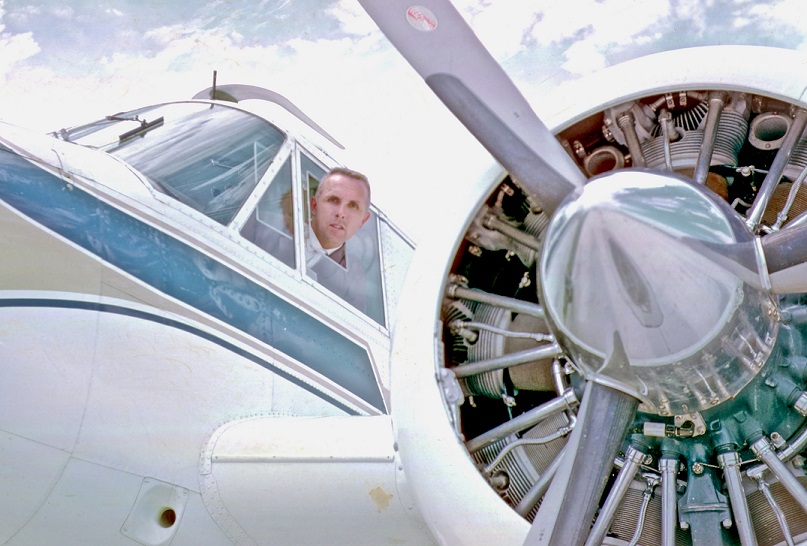The US Federal Aviation Administration—the FAA—came into existence after several midair collisions between airplanes. The idea was that a centralized agency would be able to develop a system to minimize the number of collisions.
Jim Pope, a mechanical engineer for the FAA, saw a way to reduce those collisions, but the FAA disagreed with him. When Pope went public with his observations, the FAA fired him.
The system Pope saw as effective was called the Airborne Collision Avoidance System—ACAS, developed by a private company. Tests indicated that this in-plane system would warn pilots within 40 seconds of a collision and give an evasion command at 20 seconds. The FAA, however, was developing its own system, the Threat Alert Collision Avoidance System—TCAS—which was ground-based. TCAS was six times more expensive than ACAS and not as effective, but it was the FAA's baby, and the agency didn't want to lose $125 million of research and development funds.
Pope submitted a memorandum to the FAA comparing the two systems, showing that the ACAS was superior; he got no response. A year later an analysis compiled by an outside source substantiated Pope's claims: The ACAS would have prevented—and would continue to prevent—far more collisions than the ground-based TCAS. The Government Accountability Project found that the FAA denied the report's existence to Congress.
Pope went public: He charged that the FAA had wasted billions of dollars to develop a more expensive and less effective system than one that already existed. The FAA's response? It transferred Pope from his Washington, D.C., job to one in Seattle that had virtually no responsibilities.
Pope laid it out to the press: "Ten years, $125 million in R & D, and 548 deaths later, we still don't have a backup device to protect us when the controllers make a mistake."
Pope lodged complaints with both the FAA and the Department of Transportation; he also testified in hearings before the U.S. House of Representatives, stating that hundreds of people had died because of the FAA's refusal to use the better system. Soon after that testimony, despite an outstanding service record of 17 years—Pope was fired for insubordination and dereliction of duty.
And that's where the situation remains. The FAA makes "improvements" to its system, but it has been given a free rein to ignore outside systems. The group that can make the change, says Pope, is Congress: "This senseless lack of concern for human lives will continue until Congress finally puts FAA's feet to the fire."
Unfortunately, although whistle blowers like Jim Pope bring important issues to the public, their sacrifices don't always translate into meaningful change.
Update:
In September 1991, Jim Pope died of a heart attack—his second one—as he was finishing a book about malfeasance in the Federal Aviation Administration.

